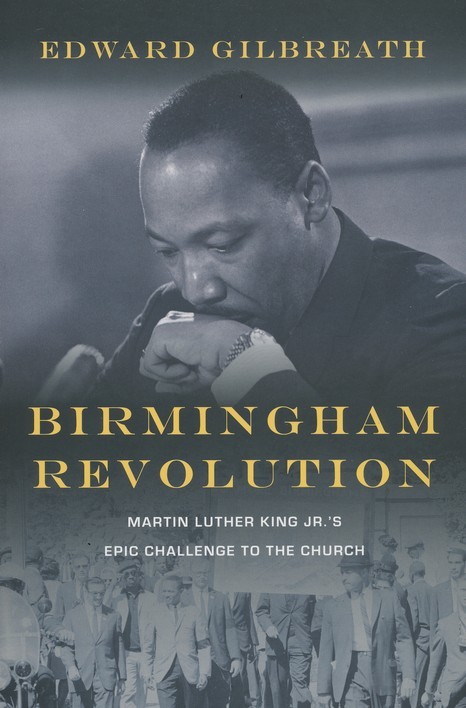
Hello World,
I know that I’ve been gone for a few days. Due to a family emergency, my hubby and I ventured up north to last Tuesday and just got back on Sunday. And once I returned to my regular Internet habits, I was bombarded with the backlash that R&B star Ciara faced from single ladies over the weekend simply because of a snippet of a Pastor John Gray sermon that she tweeted. See the message that had black Twitter blazing below…
#LevelUp pic.twitter.com/rmS0WMOV1B
— Ciara (@ciara) January 20, 2018
What about this is offensive? I don’t get it…but below are some of the criticisms that Ciara faced after she tweeted this sermon snippet…
From The Grio:
“All Gray did in that clip was plant the “Pick Me” seed—the belief that women who behave in a certain way are worthy of marriage over others (e.g., being a homebody, being ride or die, prioritizing a man’s needs over their own, etc.)—into insecure women, and that is extremely dangerous.
For women still on the search for themselves, this type of rhetoric morphs into their internal law, leaving them either desperately seeking love or feeling worthless in its absence. And what’s worse, the Black Church has been weaponizing scriptures like these to target those insecurities, manipulate women and make women more subordinate for years.”
From Twitter:
Ciara telling women to “Level up” and live “like a wife” so they can b married is astounding to me. Didn’t you need grace, mercy & compassion when you were being dragged up and down the Internet for the Future situation? How quickly ppl forget when they reach a perch of privilege
— CiCi Adams (@CiCiAdams_) January 21, 2018
From The Real:
Loni Love addresses Ciara’s #LevelUp comment! 👀 Don’t miss #TheReal today at 6/5c! pic.twitter.com/HVMt1OFfER
— BET Her TV (@BETherTV) January 22, 2018
So I have a few thoughts about this criticism (obviously since I’m writing this post). First of all, ever since Ciara dared to leave her first child’s father Future, who has several children with several woman, and marry devout Christian football star Russell Wilson, she has been the subject of unfair scrutiny. It’s almost as if folk are incensed that Ciara did not resign herself to be among Future’s harem of women just because she gave birth to his child and decided to level up with a man who wanted to be committed to her and her alone. So I think some of this backlash can be attributed to jealousy. Plain and simple.
Now as far as the other criticism is concerned, Ciara felt the need to clarify her position after all of the response she received from her tweet. See her Instagram post below:
Obviously, after what happened with Future, this woman had a “Come to Jesus” moment. To be honest, as I watched her date him (from press reports) before their son was born, I thought she was downgrading herself. I remember seeing some picture with her and several mothers of his children and I wondered why anyone would voluntarily sign up for that…It didn’t seem that she truly loved herself AND you have to truly love yourself before anyone, romantic connection or otherwise, can love you…Below is the pic…I think one of these women is Future’s sister but the rest are mothers of his children…SMH…

Now obviously Ciara wanted to get married AND be in a monogamous relationship, and there is nothing wrong to aspiring to that. Marriage and or monogamy aren’t for some people but this message is for those single ladies who want to have these experiences. Furthermore, being married or single should not be ranked. A married woman is not better than a single woman and single woman is not better than a married woman. However, when I was single and wanted to be married, someone casually mentioned to me that maybe I needed to curb my friendships with my male friends. I know this sounds drastic, but I thought about it. At one point, I had several male friendships that I had cultivated over the years. Some were strictly platonic and some had an undercurrent of flirtation. This person explained that I needed to literally create space for a husband and that having all of these male friends filled the space that a husband needed to fill. It made sense so I slowly stopped cultivating those friendships. I mean I would talk to them if they called, but I didn’t reach out anymore. In sum, I wanted to be a wife so I acted like I was one before it actually manifested. I think a wife’s primary male friendship should be with her husband and vice versa for the man.
But love and romance isn’t the only field where we should level up. If you want to be in a certain career, for example, it is common knowledge that you should present yourself like you are already in that career. If you want to buy a home, you should conduct yourself as a homeowner by taking charge of your credit, saving, etc. If nothing changes, nothing changes!
Now some are saying that Pastor Gray is focusing on women when the sermon should focus on men and women. I get that. But I haven’t seen the whole sermon to know if he addressed men as well. I agree it can be annoying when some male ministers are constantly preaching to women about romantic relationships. But even outside of the church, women of all races are always the primary audience for romantic relationship messages. I mean, how many men do you know read romance novels or watch The Bachelor? It’s supply and demand at work. Now, this doesn’t mean that men should not be addressed in various areas when it comes to romantic relationships because they should, but judging after a snippet of a sermon is extreme.
So that’s all I have… Do you plan to level up like Ciara and Pastor John Gray advise?
Any thoughts?


 For more information about
For more information about 